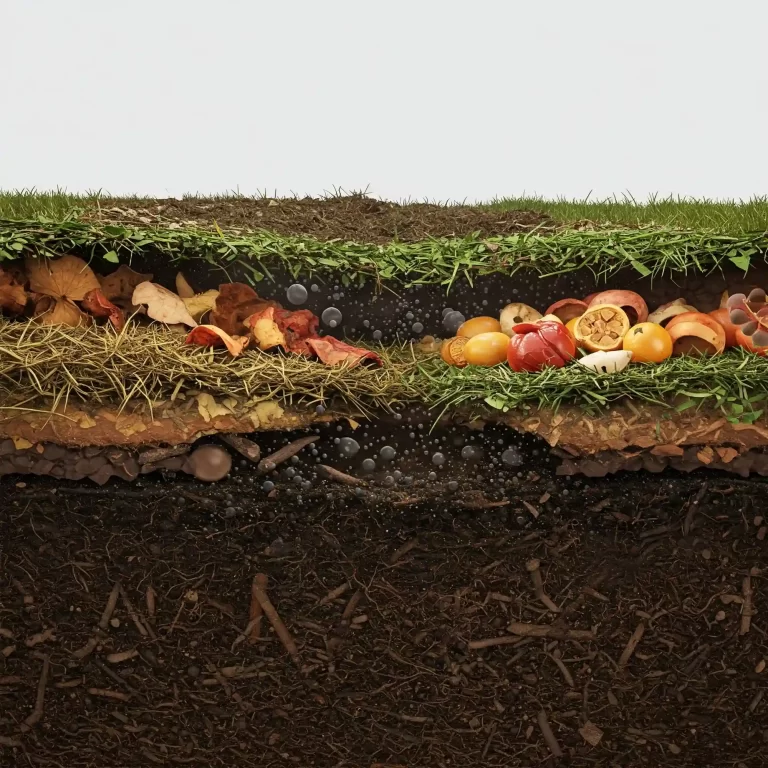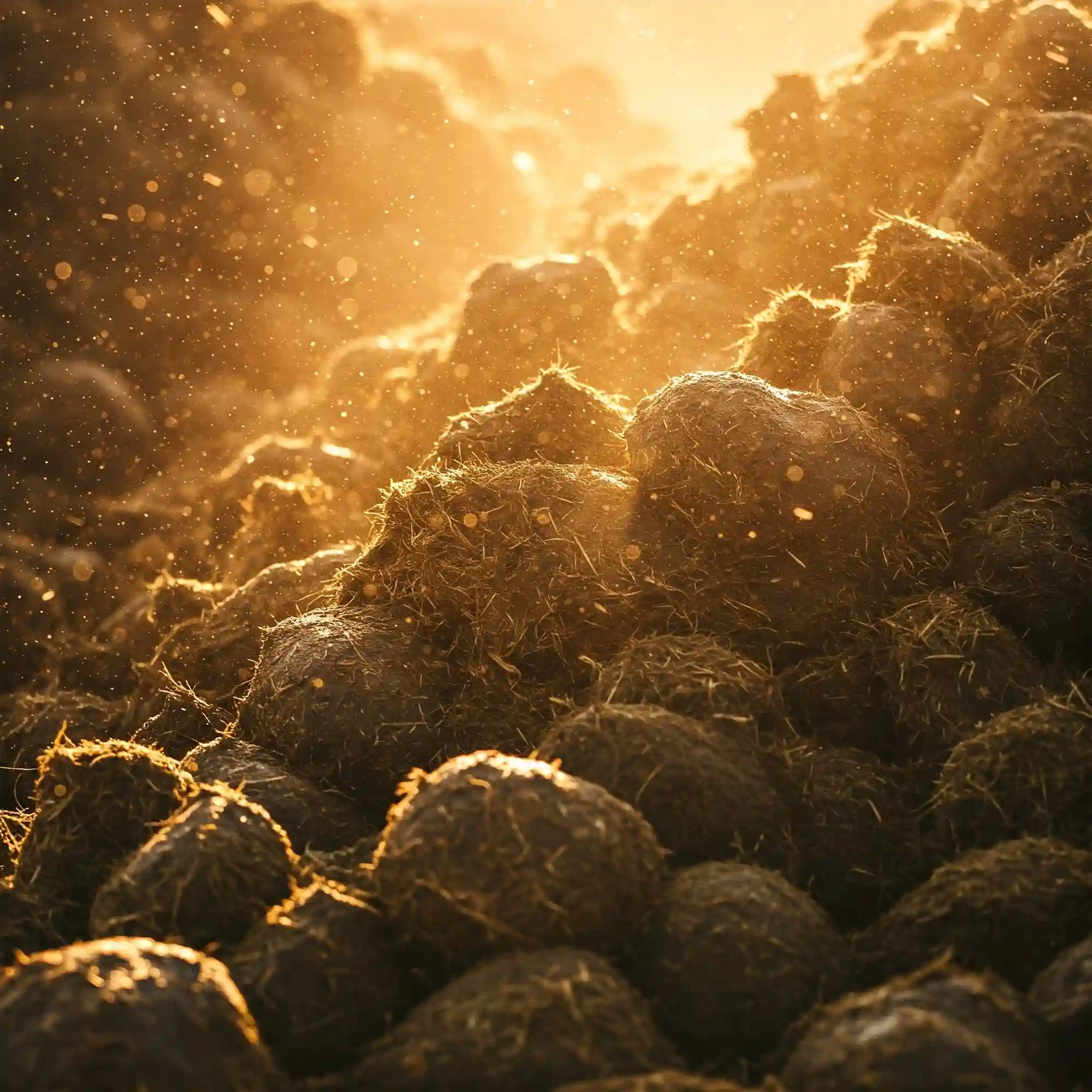Composting is a great way to recycle organic waste and create a nutrient-rich soil amendment that can help your plants grow healthy and strong. However, not all plants have the same nutrient needs, so it’s important to tailor your compost mix to the specific plants you’re growing.
Understanding Plant Needs
The first step in creating a customized compost mix is understanding the unique needs of your plants. Some plants, such as tomatoes and peppers, require high levels of nitrogen to produce healthy fruits and vegetables. Others, like roses and azaleas, prefer acidic soil conditions. By researching the specific needs of your plants, you can create a compost mix that provides them with the nutrients and conditions they need to thrive.
Choosing the Right Ingredients
The next step is to select the right ingredients for your compost mix. Some common ingredients include:
- Kitchen scraps: Fruit and vegetable peels, coffee grounds, and eggshells are all excellent sources of nutrients for compost.
- Yard waste: Grass clippings, leaves, and twigs can all be composted, providing valuable organic matter and nutrients.
- Manure: Manure from animals such as cows, horses, and chickens is a rich source of nitrogen and other nutrients.
- Wood chips: Wood chips can be added to compost to provide structure and aeration.
Balancing the Mix
The key to creating a successful compost mix is to achieve the right balance of ingredients. A good general rule is to use equal parts of green materials (such as kitchen scraps and grass clippings) and brown materials (such as leaves and wood chips). This will help to ensure that the compost is properly aerated and provides a good balance of nutrients.
Adding Special Ingredients
Depending on the specific needs of your plants, you may want to add special ingredients to your compost mix. For example, adding bone meal or fish meal can provide extra phosphorus and calcium, which are essential for healthy root development. You can also add compost activators, which are beneficial microorganisms that help to speed up the composting process.
Turning and Aerating
To ensure that your compost mix decomposes properly, it is important to turn and aerate it regularly. This will help to introduce oxygen into the compost pile and speed up the decomposition process. You should turn the compost pile at least once a week, or more often if possible.
Test Your Compost Before Using It
Before you use your compost, it’s a good idea to test it to make sure that it is ready. You can do this by sending a sample of your compost to a soil testing lab or by using a home compost test kit.
Using the Compost Mix for Specific Plants
When using your compost mix for specific plants, it’s important to consider their unique needs. Here are some guidelines:
- Vegetables: Vegetables, such as tomatoes, peppers, and cucumbers, benefit from a compost mix that is rich in nitrogen and phosphorus. Add green materials and manure to your compost mix to meet these requirements.
- Fruits: Fruits, such as strawberries, blueberries, and raspberries, prefer a compost mix that is slightly acidic. Add oak leaves, pine needles, and other acidic materials to your compost mix to achieve the desired pH level.
- Flowers: Flowers, such as roses, lilies, and petunias, require a compost mix that is well-balanced in all nutrients. Use a combination of green and brown materials, as well as compost activators, to create a nutrient-rich compost mix.
- Potted Plants: Potted plants have limited space for root growth, so it’s important to use a compost mix that is rich in nutrients and well-aerated. Add perlite or vermiculite to your compost mix to improve drainage and aeration.
Conclusion
By tailoring your compost mix to the specific needs of your plants, you can provide them with the nutrients and conditions they need to thrive. Compost is a valuable soil amendment that can help you to grow healthy and productive plants in your garden.

